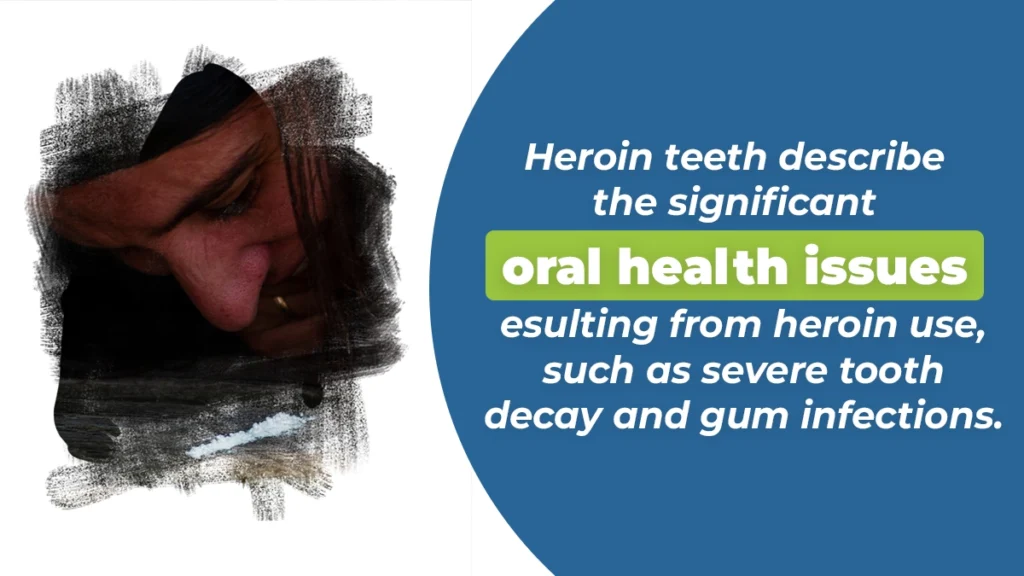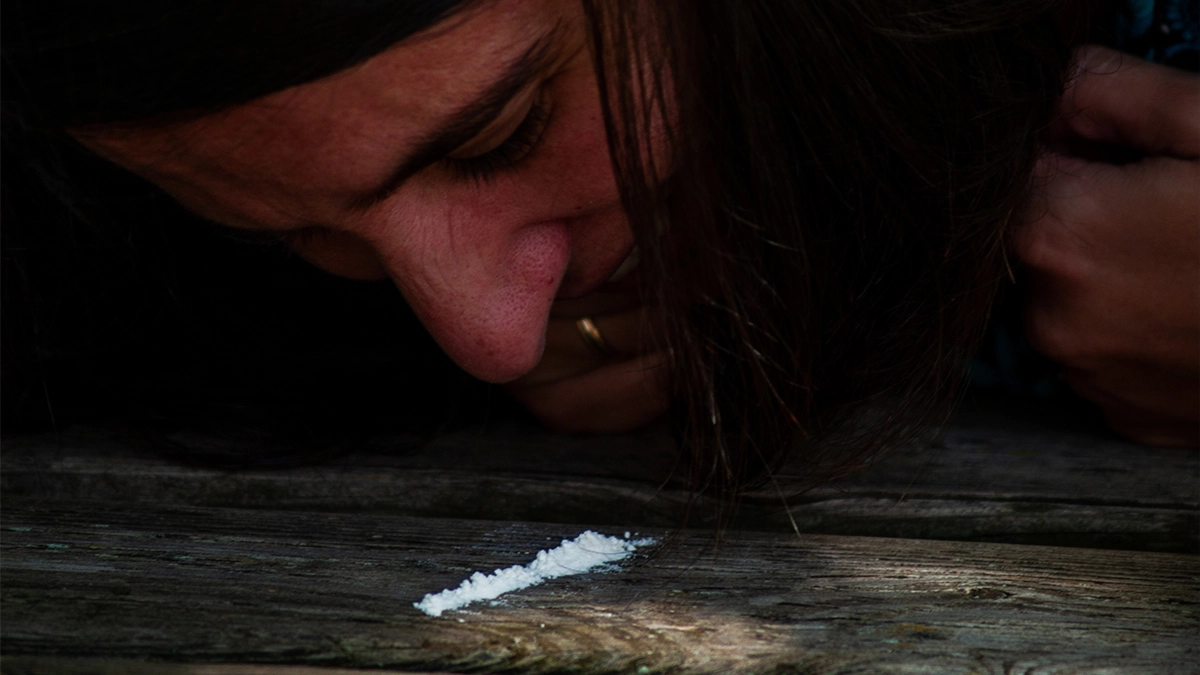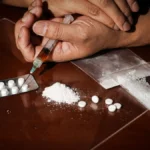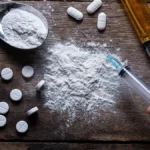Heroin Teeth: Addressing Oral Health In Recovery
“Heroin teeth” refers to the severe dental damage caused by heroin use, including tooth decay, gum disease, and oral infections. This damage results from poor oral hygiene and less saliva production. Understanding the impact of heroin on oral health is essential for individuals in recovery.
Addressing these dental issues is central to overall well-being during addiction recovery. This article offers valuable insights into preventing and treating heroin teeth. Learn how early care and proper treatment can help restore your oral health and support your recovery journey.
Key Takeaways
Heroin teeth refer to the severe dental damage caused by prolonged heroin use and neglect. Here’s what you should know:
- Heroin use, poor oral hygiene, and reduced saliva lead to tooth loss and other serious dental problems.
- Early intervention and regular dental care are essential for preventing and treating heroin-related oral issues.
- Combining dental treatments with addiction recovery ensures long-term health and helps restore damaged teeth.
The Haven Detox-Little Rock offers extensive services to address heroin-related issues. Call us at (501) 271-3342 for more information.

Introduction To Heroin Teeth
“Heroin teeth” refers to the severe dental damage caused by heroin use. This includes tooth decay, gum disease, and oral infections. Understanding this condition helps highlight the link between substance abuse and oral health, emphasizing the importance of preventive care and early treatment.
Heroin reduces saliva, leading to dry mouth and tooth decay. Users often neglect oral hygiene, causing additional damage. Over time, heroin teeth can lead to tooth loss and severe oral health problems.
Why It’s Important To Understand
Understanding heroin teeth is crucial for preventing dental problems in users. Recognizing the signs early helps with timely intervention and treatment. Awareness can also encourage people to seek help, improving their dental and overall health in the long term.
Common Dental Problems Associated With Heroin Use
Heroin use causes severe dental health problems. People using this illegal drug often suffer from poor oral hygiene. Common issues include tooth decay, gum disease, and tooth loss. These problems affect individuals’ physical health and can lead to long-term dental health issues.
Tooth Decay And Cavities
Heroin use weakens tooth enamel, leading to severe tooth decay and cavities. Patients experience painful cavities due to poor dental hygiene. These dental health problems worsen without proper care, causing discomfort and affecting people’s overall well-being.
Gum Disease
Heroin use increases the risk of gum disease, also known as periodontal disease. This illegal drug harms the gums and weakens the mouth’s defenses. As oral hygiene problems worsen, patients can experience pain, infection, and long-term damage to their dental health.
Tooth Loss And Breakage
Individuals using heroin often suffer from tooth loss and breakage. The drug weakens the teeth, leading to bad teeth and eventual loss. These dental health issues impact patients’ ability to eat, speak, and maintain overall physical health.
Oral Infections
Heroin use causes frequent oral infections due to poor dental hygiene and weakened immune systems. These infections can lead to more serious problems, including oral cancer. Patients may face severe health risks beyond their oral health concerns without treatment.
Diagnosis And Identification
Heroin teeth refer to dental issues caused by heroin use. Poor diet and high doses of illicit drugs contribute to tooth decay and gum damage. Drug abuse, including stimulants, weakens teeth, making heroin addiction identifiable through oral health problems at home.
Signs And Symptoms
Signs of heroin addiction include cravings, tooth decay, and gum issues from drug use. People with heroin teeth often suffer from infections and sensitivity. These symptoms result from prolonged exposure to substances that weaken the mouth’s structure and oral health.
Diagnostic Tools And Procedures
Dentists use visual exams to detect heroin teeth caused by drug abuse. X-rays help identify hidden damage from substances like stimulants and heroin. These tools show how long-term drug use affects oral health, especially in those using illicit drugs regularly.
Treatment Options For Heroin Teeth
Heroin use can harm teeth and gums, causing severe dental problems. Treatment options focus on dental care, education, and addiction recovery. In addition, proper oral hygiene and support are vital ways to restore damaged teeth and maintain overall health.
Dental Treatments
Dental treatments for heroin-related damage often include fillings, crowns, and root canals. These procedures repair broken teeth and restore the jaws’ function. Regular cleanings and good oral hygiene habits are essential to prevent future damage from street drugs and substance use disorders.
Medical And Behavioral Interventions
Medical and behavioral interventions help address addiction and improve oral health. A treatment program combines dental care, substance use disorder support, and education. In addition, counseling and medications help patients overcome heroin addiction while learning ways to maintain healthier lifestyles.
Prevention Strategies
Prevention strategies for heroin teeth focus on reducing damage caused by drug addiction. Maintaining oral hygiene, attending regular dental checkups, and using harm-reduction methods can help. The American Dental Association supports dental treatment for individuals recovering from drug use.
Oral Hygiene Practices
Oral hygiene practices are essential for preventing heroin tooth damage. Brush and dental floss daily to protect your teeth and jaws. These habits minimize plaque and gum disease, reducing further harm caused by heroin addiction.
Regular Dental Checkups
Regular dental checkups help monitor oral health during addiction recovery. Dentists can identify early problems and provide treatment. The American Dental Association recommends consistent checkups to ensure healthy teeth and gums, supporting long-term recovery.
Harm Reduction Approaches
Harm reduction approaches aim to minimize the effects of drug addiction on oral health. Methods include using clean syringes and practicing good hygiene. These approaches protect teeth, jaws, and well-being while supporting recovery efforts.
Challenges And Considerations
Treating heroin teeth presents unique challenges due to the severe dental damage caused by drug use. Heroin can lead to poor oral hygiene, tooth decay, and gum disease. Dentists must address the physical damage and the underlying health issues for effective treatment.
A key consideration is the patient’s overall health, as heroin use often leads to malnutrition and weakened immunity. Dentists may need to coordinate with healthcare providers to ensure a holistic approach to recovery. This can include addressing pain management and infection risks during treatment.
Finally, long-term care is essential to prevent future dental problems. Patients may require regular checkups, lifestyle changes, and guidance on maintaining oral health. Addressing these challenges requires collaboration between dental and medical professionals.
Frequently Asked Questions (FAQ)
What drugs cause rapid tooth decay?
Certain drugs can cause rapid tooth decay due to their effects on saliva and oral hygiene. Methamphetamine, known as “meth,” is notorious for causing severe dental problems, often called “meth mouth.” It dries out saliva, leading to tooth decay. Cocaine can also lead to tooth damage, especially when mixed with saliva.
Heroin and prescription opioids reduce saliva flow, increasing the risk of cavities and gum disease. Poor dental care and sugar cravings associated with drug use further accelerate the damage. Addressing dental issues early can prevent severe tooth loss in individuals using these substances.
Can opioids affect your teeth?
Opioid use can negatively affect your teeth and gums. These drugs reduce saliva production, causing dry mouth, which increases the risk of cavities and tooth decay. Opioids can also make people less attentive to oral hygiene, leading to plaque buildup and gum disease. Long-term opioid use may result in tooth loss and other serious dental problems.
Additionally, some opioids can cause teeth grinding, which wears down enamel over time. To protect your teeth, maintain good oral hygiene, stay hydrated, and visit your dentist regularly if you’re using opioids. Early care can help prevent lasting damage to your dental health.
The Haven Detox-Little Rock: Heal From Heroin
For those dealing with heroin addiction-related issues and seeking effective recovery, The Haven Detox-Little Rock is here to help.
Our detox services guide you through the critical first step of clearing substances from your system. Our residential treatment provides a supportive environment for focused recovery and healing. Medication-assisted treatment integrates medication to manage withdrawal symptoms and support long-term recovery.
Call us today at (501) 271-3342 to learn how we can assist you on your path to better health and a brighter future.




